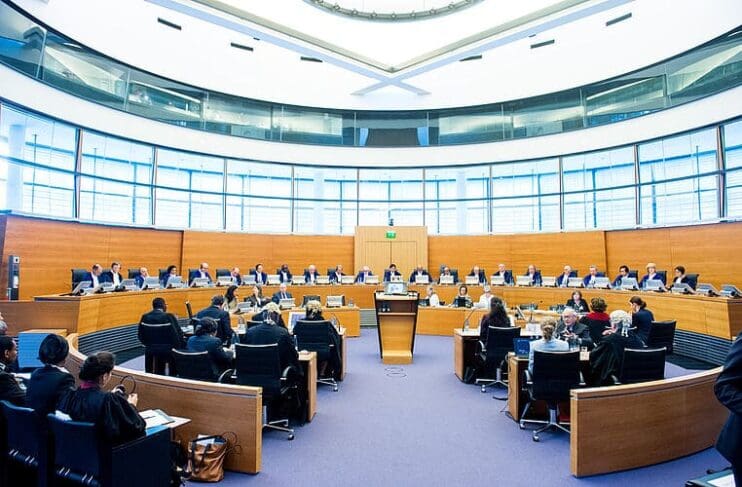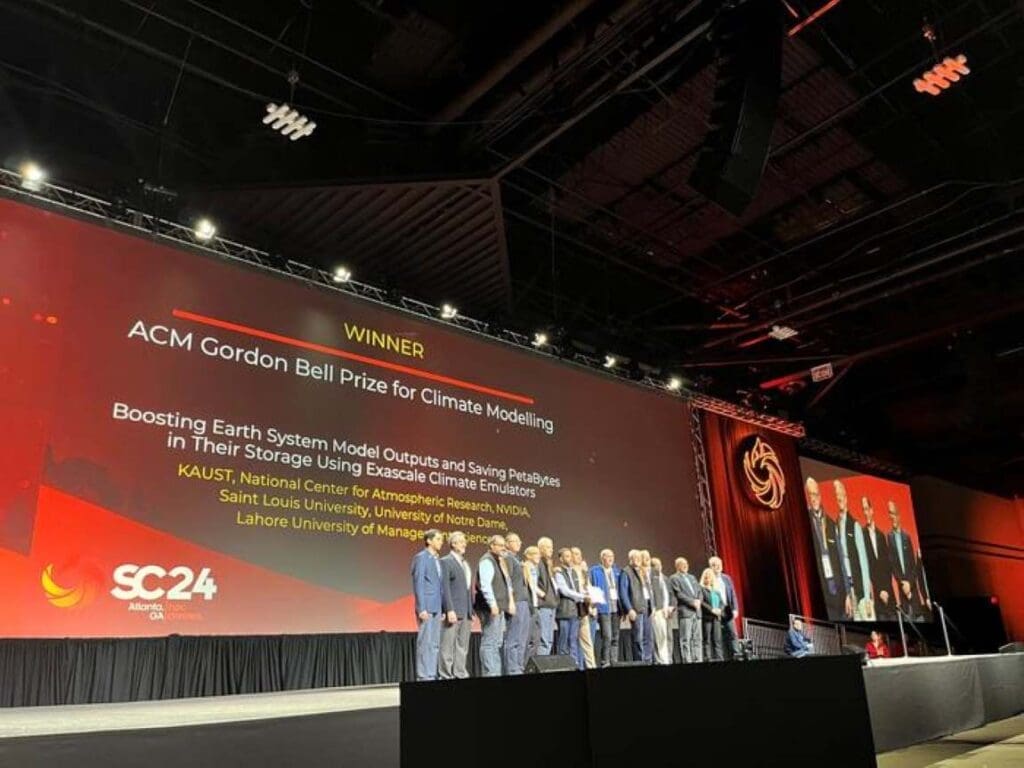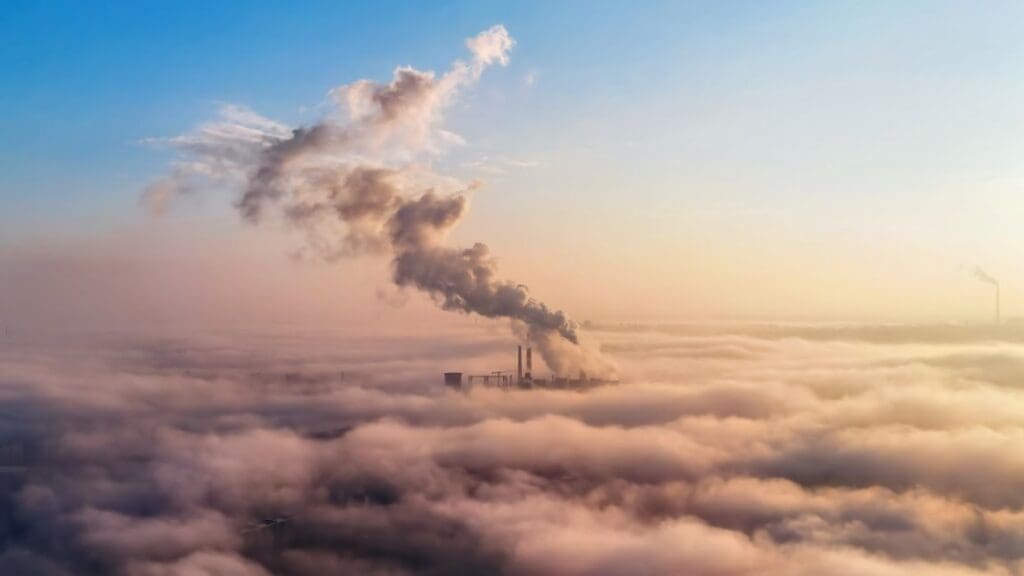By Femke COLBORNE | AFP
Berlin, Germany (UPDATED) – The UN maritime court on Tuesday ruled in favour of nine small island states who brought a case to seek increased protection of the world’s oceans from catastrophic climate change.
Finding that carbon emissions can be considered a sea pollutant, the court said countries have an obligation to take measures to mitigate their effects on oceans.
“Anthropogenic GHG emissions into the atmosphere constitute pollution of the marine environment” under the international treaty UNCLOS, the International Tribunal for the Law of the Sea (ITLOS) ruled in an expert opinion.
Polluting countries therefore have “the specific obligation to take all measures necessary to ensure that… emissions under their jurisdiction or control do not cause damage by pollution to other states and their environment”, the court said.
The case was brought in September by nine small countries disproportionately affected by climate change, including Antigua and Barbuda, Vanuatu and Tuvalu.
They asked the Hamburg-based court to issue an opinion on whether carbon dioxide emissions absorbed by the oceans can be considered pollution, and if so, what obligations countries have to address the problem.
The UNCLOS treaty binds countries to prevent pollution of the oceans, defining pollution as the introduction of “substances or energy into the marine environment” that harms marine life.
But it does not spell out carbon emissions as a specific pollutant, and the plaintiffs had argued that these emissions should qualify.
‘Just a few years’
The case is seen as the first big international climate justice case involving the world’s oceans and experts say it could have far-reaching implications for countries’ future climate change obligations.
Ahead of the ruling, the Center for International Environmental Law said the case was “particularly significant” because it will be the first of three key international court advisory opinions on climate change.
The others are due to be given by the Inter-American Court of Human Rights and the International Court of Justice.
Ocean ecosystems create half the oxygen humans breathe and limit global warming by absorbing much of the carbon dioxide emitted by human activities.
But increasing emissions can warm and acidify seawaters, harming marine life.
Global sea surface temperatures hit a monthly record in April for the 13th month in a row, according to the EU’s Copernicus Climate Change Service.
Over two days of hearings in September, the leaders of the nine countries said the effects of climate change were threatening their nations’ very existence.
“Just a few years — this is all we have before the ocean consumes everything my people built across centuries,” Tuvalu’s Prime Minister Kausea Natano told the court.
“This is the opening chapter in the struggle to change the conduct of the international community by clarifying the obligation of states to protect the marine environment,” said the prime minister of Antigua and Barbuda, Gaston Browne.
The other island states joining the ITLOS case were the Bahamas, Niue, Palau, St Kitts and Nevis, St Lucia, and St Vincent and the Grenadines.
fec/hmn/imm
© Agence France-Presse
Featured image credit: ITLOS Photo




